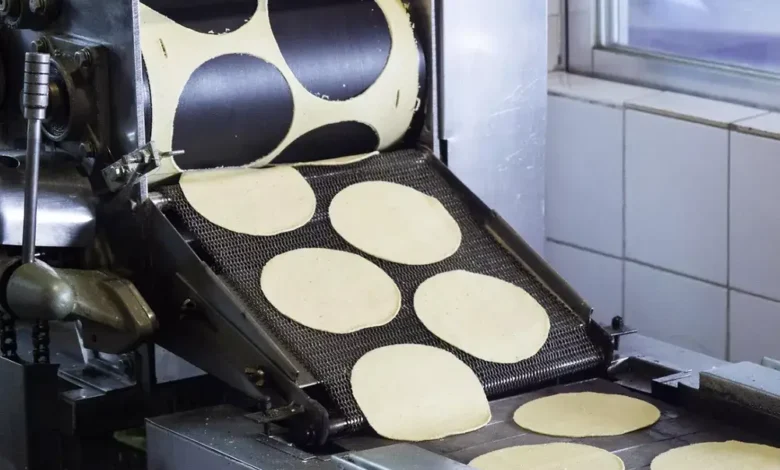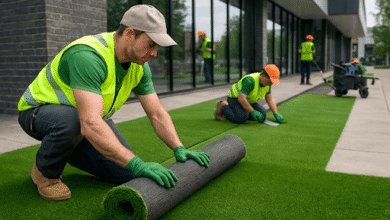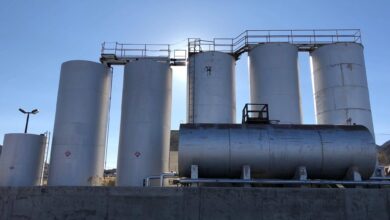A Complete Guide to Commercial Tortilla Machines for Restaurants and Factories

Running a restaurant or food factory means you need equipment that works hard and delivers consistent results. When it comes to making tortillas, having the right machine can make or break your operation. Let’s walk through everything you need to know about commercial tortilla machines.
Why Your Business Needs a Commercial Tortilla Machine
Making tortillas by hand takes time – lots of it. A skilled worker might make 100 tortillas per hour on a good day. Compare that to a commercial machine that can pump out 1,000 tortillas in the same time frame. The math is simple: machines save you money on labor costs while keeping up with customer demand.
Fresh tortillas also taste better than store-bought ones that have been sitting around. Your customers will notice the difference, and they’ll keep coming back for that authentic, just-made flavor.
Types of Commercial Tortilla Machines
Automatic Tortilla Machines
These are the workhorses of the tortilla world. You load the dough, set your parameters, and the machine handles everything else. They mix, portion, press, and cook the tortillas without much human intervention.
Best for: Large restaurants, food chains, and factories that need to make thousands of tortillas daily.
Price range: $15,000 – $50,000+
Semi-Automatic Machines
These machines need more hands-on work but cost less upfront. You might need to feed dough balls manually or flip tortillas during cooking, but they still do most of the heavy lifting.
Best for: Medium-sized restaurants and smaller food operations.
Price range: $3,000 – $15,000
Tortilla Presses
The simplest option – these machines just press the dough into flat circles. You’ll need separate equipment for cooking, but they’re perfect if you already have griddles or want maximum control over the cooking process.
Best for: Small restaurants, food trucks, and businesses just starting out.
Price range: $500 – $3,000
What to Look for When Buying
Production Capacity
Think about how many tortillas you need per hour during your busiest times. Don’t just buy for your current needs – consider where your business might be in two years. It’s cheaper to buy a slightly bigger machine now than to upgrade later.
Size and Space Requirements
Measure your kitchen space before you shop. These machines can be big, and you’ll need room for operators to work safely around them. Don’t forget about ventilation requirements for gas-powered models.
Dough Compatibility
Not all machines work with every type of dough. Some handle corn masa better than wheat flour, or vice versa. If you plan to make different types of tortillas, make sure your machine can handle the switch.
Ease of Cleaning
Food safety matters, and clean equipment lasts longer. Look for machines with removable parts that go in the dishwasher. Stainless steel surfaces are easier to sanitize than other materials.
Warranty and Support
When your machine breaks down during the lunch rush, you need help fast. Choose manufacturers that offer good warranties and have service technicians in your area. Check what parts are covered and for how long.
Top Features That Matter
Temperature Control
Consistent heat means consistent tortillas. Digital temperature controls give you more precision than manual dials, especially important for corn tortillas that need specific heat levels.
Adjustable Thickness
Your customers might want thin tortillas for tacos and thicker ones for burritos. Machines with easy thickness adjustments let you serve both without switching equipment.
Safety Features
Look for emergency stop buttons, safety guards around moving parts, and automatic shutoffs. A hurt employee costs way more than a slightly more expensive machine.
Easy Operation
Your staff shouldn’t need a engineering degree to run the machine. Simple controls and clear instructions mean less training time and fewer mistakes.
Cost Breakdown: What You’ll Really Pay
The sticker price is just the beginning. Factor in these additional costs:
Installation: $500 – $2,000 depending on electrical and gas requirements
Training: $200 – $500 for manufacturer training
Maintenance: Budget 10-15% of the machine cost annually
Utilities: Gas and electricity costs vary by location but can add $200-500 monthly
Ingredients: Fresh ingredients cost more but deliver better results
Maintenance Tips That Save Money
Keep your machine running smoothly with these simple steps:
Clean the machine thoroughly after each shift. Leftover dough turns into cement-hard buildup that’s expensive to remove professionally.
Check and replace worn parts before they break completely. A $50 belt replacement beats a $500 emergency repair call.
Keep detailed maintenance logs. This helps technicians diagnose problems faster and can keep your warranty valid.
Train multiple staff members to operate and clean the machine. Don’t let one person become your single point of failure.
Making the Business Case
When presenting the purchase to ownership or investors, focus on these numbers:
Labor savings: One machine can replace 2-3 tortilla makers, saving $60,000+ annually in wages and benefits.
Consistency: Machines don’t have bad days or call in sick. Every tortilla comes out the same size and thickness.
Speed: Faster service means you can serve more customers during peak hours.
Quality: Fresh tortillas command higher prices than reheated ones.
Common Mistakes to Avoid
Don’t buy based on price alone. The cheapest machine often costs more in repairs and downtime.
Don’t underestimate space requirements. Cramped kitchens lead to accidents and inefficient workflows.
Don’t skip training. Even simple machines work better when operators understand all their features.
Don’t ignore local codes. Some areas have specific requirements for commercial food equipment.
The Bottom Line
A good commercial tortilla machine pays for itself through labor savings and increased sales. Take time to research your options, visit trade shows to see machines in action, and talk to other restaurant owners about their experiences.
Whether you run a small taco shop or a large food factory, there’s a tortilla machine that fits your needs and budget. The key is matching the right machine to your specific situation.
For more detailed specifications and current pricing on commercial tortilla machines, visit tortillamakermachine.com to compare different models and find the perfect fit for your business.
Remember: the best machine is the one that reliably produces the tortillas your customers love while fitting your budget and space constraints. Take your time, do your research, and invest in equipment that will serve your business for years to come.




